Announcing the 2022 ASPIRE Program Team Awards
The School of Medicine’s Program to Advance Physician Scientists and Translational Research is pleased to announce its 2022 CU ASPIRE Program awardees. The CU ASPIRE Program is designed to facilitate collaborative research groups working on unmet needs in basic science or clinical medicine that can only be addressed by a team of investigators. The program supports milestone-driven collaborations between investigators across campus with the goal of submitting a program project or other large multi-investigator grant proposals to external funding agencies. The CU ASPIRE program is co-led by David Schwartz, MD, and Lori Sussel, PhD and will support the following projects.
ASPIRE Program Teams
Team 1: Interaction of IFN/IL-36, succinate and palmitic acid pathways in obese asthma
The team led by Dr. Holguin seeks to understand the interactions of IFN-g/IL-36, succinate and palmitic acid pathways in the airways of obese asthmatics. This project is a collaboration between the Severe Asthma Program at the University of Colorado, Anschutz Medical Campus and National Jewish Health. The ASPIRE grant will catalyze an already productive interdisciplinary collaboration between Chris Evans PhD, Hong Wei Chu PhD, Max Seibold PhD and Fernando Holguin MD MPH, to understand how obesity-related metabolic changes in airway epithelial cells link to inflammatory and paracrine mechanisms that ultimately promote bronchial hyperresponsiveness.
.jpg?sfvrsn=ff6b9dba_2)
Fernando Holguin, MD, MPH
Professor
Department of Medicine, Division of Pulmonary Sciences and Critical Care
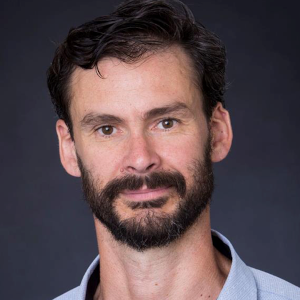
Chris Evans, PhD
Professor
Department of Medicine, Division of Pulmonary Sciences and Critical Care
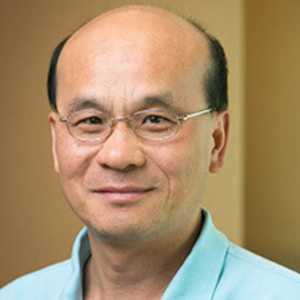
Hong Wei Chu, PhD
Professor
Department of Pulmonary Sciences, Critical Care and Sleep Medicine
National Jewish Health
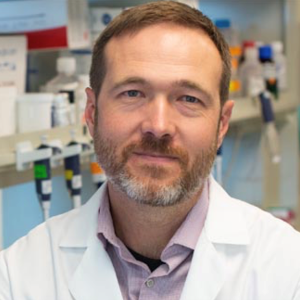
Max Seibold, PhD
Professor and Director of Regenerative Medicine and Genome Editing Program, Center for Genes, Environment & Health
National Jewish Health
Team 2: Mechanistic understanding and therapeutic targeting of TBI-caused vision loss

Ram H. Nagaraj, PhD
Professor
Department of Ophthalmology and Pharmaceutical Sciences
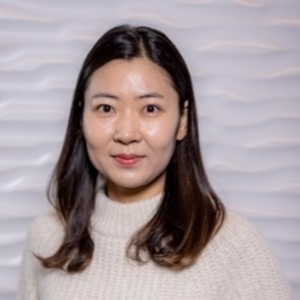
Mi-Hyun Nam, PhD
Research Instructor
Department of Ophthalmology

Alon Poleg-Polsky, MD, PhD
Assistant Professor
Department of Physiology and Biophysics

Mingxia Huang, PhD
Associate Professor of Dermatology
Team 3: Mechanisms of immune protection and pathology by lymph node stromal cells

Beth Tamburini, PhD
Associate Professor
Department of Medicine, Division of Gastroenterology and Hepatology

Thomas E. (Tem) Morrison, PhD
Professor
Department of Immunology and Microbiology
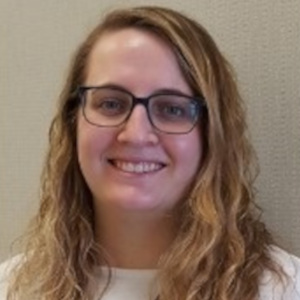
Jenna Guthmiller, PhD
Assistant Professor
Department of Immunology and Microbiology
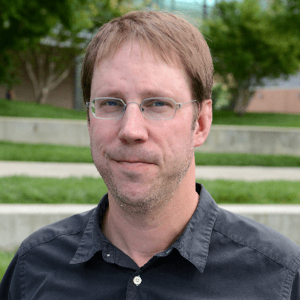
Jay Hesselberth, PhD
Associate Professor
Department of Biochemistry and Molecular Genetics
Team 4: The Epithelial-Immune Landscape and Therapeutic Targets in Pulmonary Premalignancy

York Miller, MD
Professor and Thomas L. Petty Chair of Lung Research
Department of Medicine, Division of Pulmonary Sciences and Critical Care

Eric Clambey, PhD
Assistant Professor
Department of Anesthesiology

Moumita Ghosh, PhD
Associate Professor
Department of Medicine, Division of Pulmonary Sciences and Critical Care
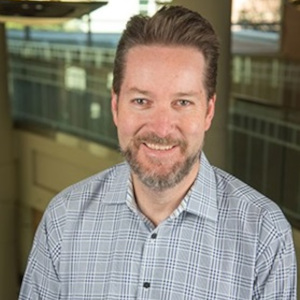
Robert (Bob) Keith, MD
Professor
Department of Medicine, Division of Pulmonary Sciences and Critical Care
Associate Chief of Staff-Research, Rocky Mountain Regional VA Medical Center

Daniel Merrick, MD
Associate Professor
Department of Pathology
